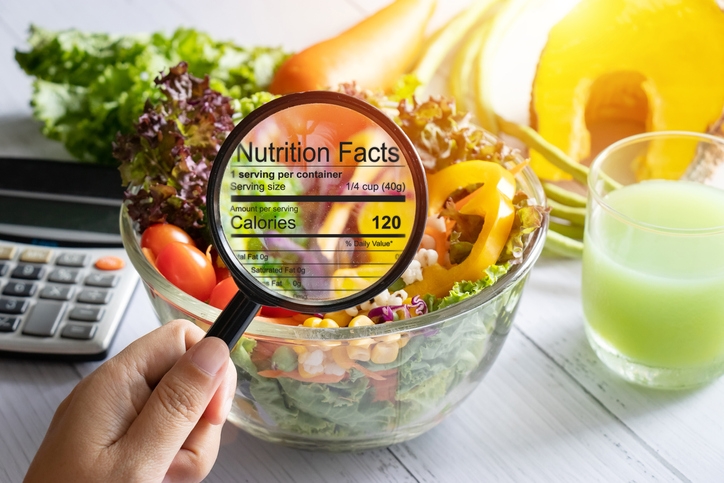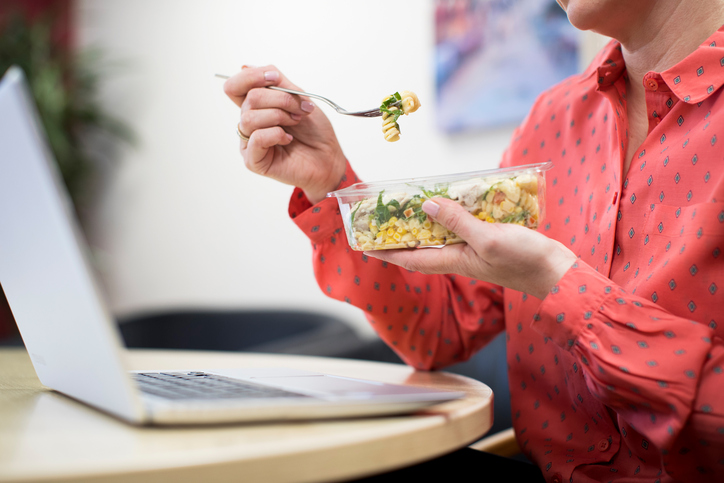What to Eat After Bariatric Surgery
Part of the role of bariatric surgery is to encourage you to choose healthier options and keep portions small. Because of this—and to assist with recovery post-op—you’ll need to follow a strict diet, especially right after surgery.
General Pointers for Your Diet After Surgery
Some types of weight loss surgery, such as Roux-en-Y gastric bypass, limit your body’s ability to absorb calories and nutrients. This means you’ll need to prioritize vitamins post surgery and avoid empty calories. This means your post-surgery diet will generally consist of the following:
- High protein
- Low carbs and fat
- Nutrient-rich vegetables and fruits
You’ll also need to reduce or eliminate sugary beverages, alcohol, and caffeine in favor of increased water intake.
Vitamins are crucial after surgery. Vitamin supplements can help you make sure your body gets the nutrients it needs.
Diet Progression Following Bariatric Surgery
Immediately after bariatric surgery, you’ll need to allow your stomach to heal. That means you’ll have to follow a very specific diet and gradually phase in more solid foods as you recover. The bariatric diet phases will help you transition from an all liquid diet to solid foods after about eight weeks.
The following steps are general phases. Your doctor will give you specific guidance on what to eat and when.
1. Clear Liquid Diet (1-3 Days After Surgery)
The first few days after surgery will consist of clear liquids only. The goal here is to keep from irritating your stomach while helping you stay hydrated. Foods that are safe to consume during this stage include:
- Broth
- Water
- Sugar-free gelatin or popsicles
- Fruit juices (apple, grape, or cranberry)
- Decaffeinated coffee or tea
You may need to dilute juices before consumption, and it’s best to avoid extremes in heat or cold early on.
2. Full Liquid Diet (1-2 Weeks)
After a few days on clear liquids, you’ll need to start incorporating protein into your diet. That means using supplements such as protein powder. Beverages that are safe to add to your diet at this point include:
- Skim milk
- Meal replacement drinks
- Fat-free yogurt
- Protein shakes
Make sure to keep up your fluid intake in between meals, and keep prioritizing protein.
3. Pureed Foods (2-4 Weeks)
Once you’re able to tolerate liquids, you can move on to pureed foods. Think baby food consistency: a thick paste or liquid with no solid pieces. Some foods that work well at this stage include:
- Yogurt
- Cream soups
- Mashed or pureed meats and fish
- Hummus
- Scrambled eggs
- Cream of wheat or grits
- Pureed or mashed fruits and squash
- Applesauce
- Pureed vegetables (avoid fibrous vegetables such as broccoli or cauliflower)
- Vegetable juice
To puree foods, cut them up into small pieces, add a liquid (such as broth or skim milk) and puree them until smooth. You might add some seasoning to make it palatable.
4. Soft Foods (2-4 Weeks)
You can start adding soft, easy-to-chew foods to your diet after a few weeks of pureed food. Keep portions small, and chew food thoroughly before swallowing. Foods that work well for this stage include:
- Fish
- Ground poultry
- Rice
- Cooked cereal
- Cooked or canned vegetables and fruits
- Soft fruits (like bananas)
- Sliced or grated cheese
- Soups
Make sure you continue avoiding fibrous vegetables. Also, skin fruits and vegetables before consumption, and avoid swallowing seeds.
5. Solid Foods (After 8 Weeks)
After 7-8 weeks, you’ll start introducing solid foods into your diet again. Try new foods one at a time, and take care with raw vegetables, meats with gristle, nuts, seeds, popcorn, breads, fried foods, and other items that might be hard on your stomach.
You should continue minimizing carbonated beverages and caffeine, and avoid consuming empty calories. Remember that your stomach is much smaller now, so keep your portion sizes small, and continue prioritizing protein.
Making Your Post-Bariatric Surgery Diet More Enjoyable
A post bariatric surgery diet can be difficult, but that doesn’t mean it has to be unpleasant. Here are some tips to make your experience as enjoyable as possible.
- Plan your meals. Pick healthy foods you like, and stock up on those.
- Slow down and savor food.
- Shoot for variety, even if it’s only in terms of flavor instead of texture.
- Try something new. Add new foods to your meals.
- Find ways to relieve stress, such as taking up a hobby, reading, or exercising.
- Use supplements with fun flavors.
- Get an accountability partner, such as a dietitian or close friend.
Your bariatric surgeon can provide you with assistance, counsel, and resources when it comes to your diet after surgery. For instance, Dr. Malladi has registered dietitians on staff to help bariatric patients. To learn more, contact Malladi Bariatrics & Advance Surgery.







